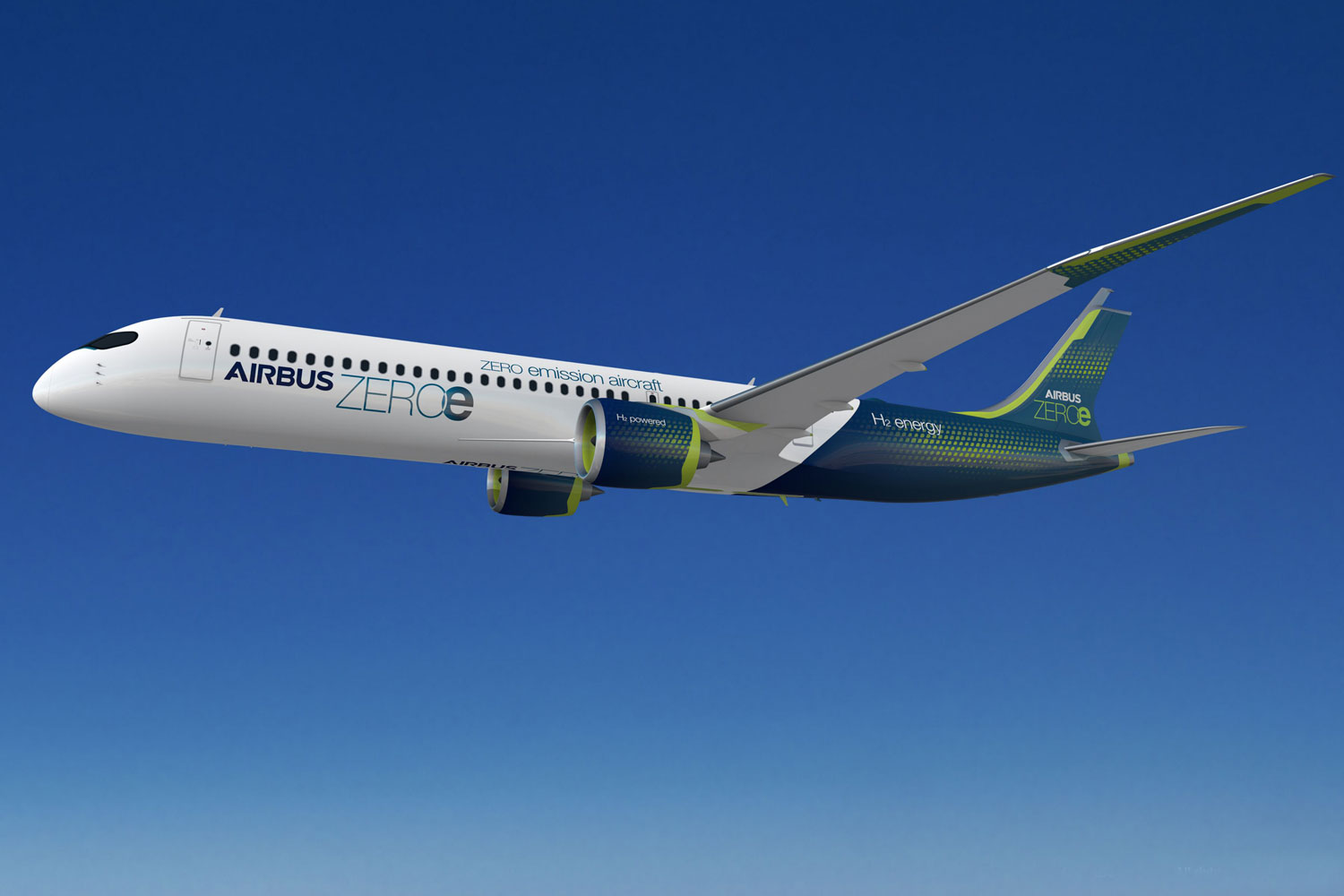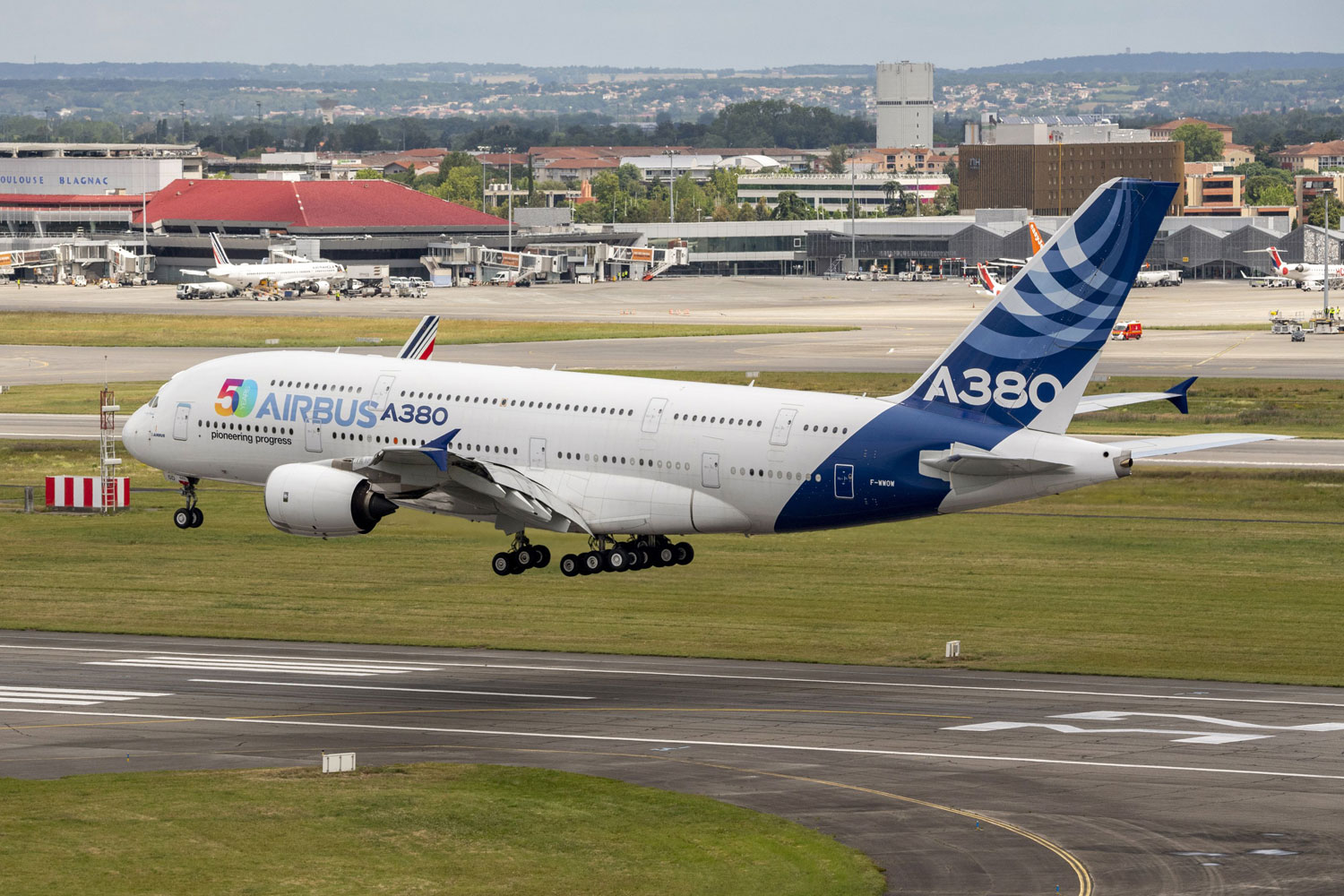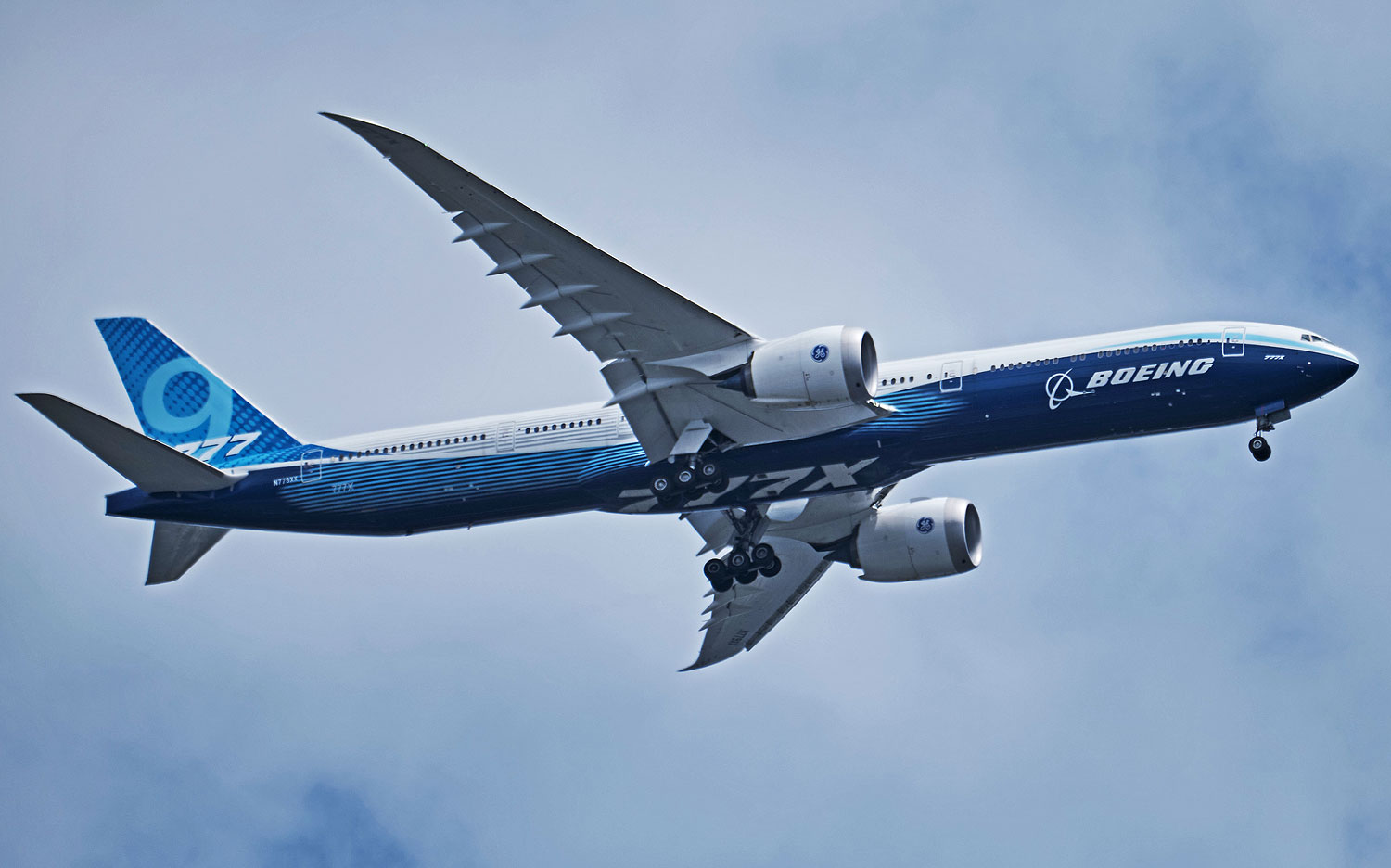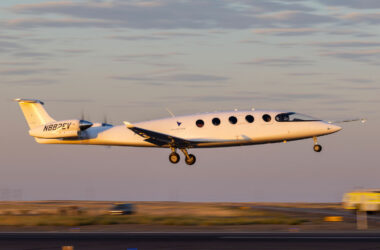Dismissed by the vast majority of customers, the A380 could find an honorable role in the coming years as a test bench for hydrogen propulsion development.
According to the French newspaper Les Echos, Airbus would have decided to use the double-deck aircraft to test in flight an engine adapted to use hydrogen, in addition to installing cryogenic tanks that will be developed by the technology centers in Nantes and Bremen.
Thanks to its large size, the A380 could be as or more useful than the Boeing 747 used by General Electric in the development of turbofan engines.
The US company’s propeller test platform performs flights in which it replaces the left internal engine with a new turbofan, such as the GE9X that equips the 777X.
The A380 could be adapted in the same way, besides offering the ideal conditions to receive the tanks that carry liquid hydrogen and that needs to be cooled to minus 253ºC to liquefy.
Although it is infinitely less polluting, hydrogen takes up four times more volume than jet fuel for storage. Because of this, the concept of transporting fuel in the wings must give way to huge rear sections capable of receiving the cryogenic tanks.

Airbus introduced concept aircraft of this kind earlier this year when it announced the option for hydrogen. Two of them, a jet and a turboprop, are characterized by narrow wings but long fuselages.
Another difficulty lies in the need to adapt the entire airport infrastructure to the new fuel and its special characteristics. This will require large investments, many of them dependent on government support.
On the other hand, hydrogen could be extracted from water by the airports themselves, creating a new source of financial income, as well as avoiding transportation and handling from other places.
According to recent plans by the European planemaker, the test aircraft that will start flying with a demonstration engine should be ready in 2025.
It would be the time needed to study and develop tanks for cheap and safe production, in addition to adapting current turbofans to use hydrogen. Apparently, the A380 may have a noble mission after it ceases to be produced in 2021.






